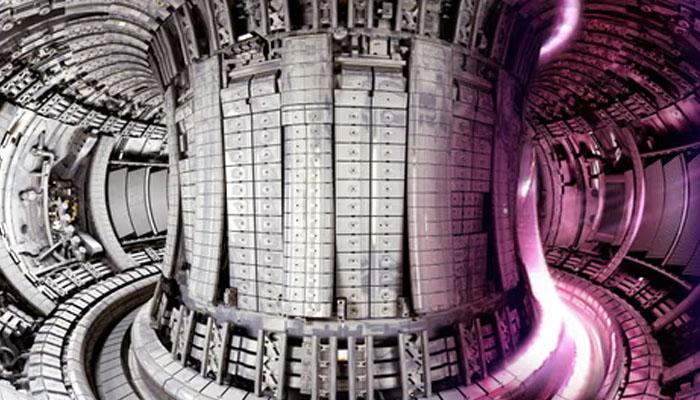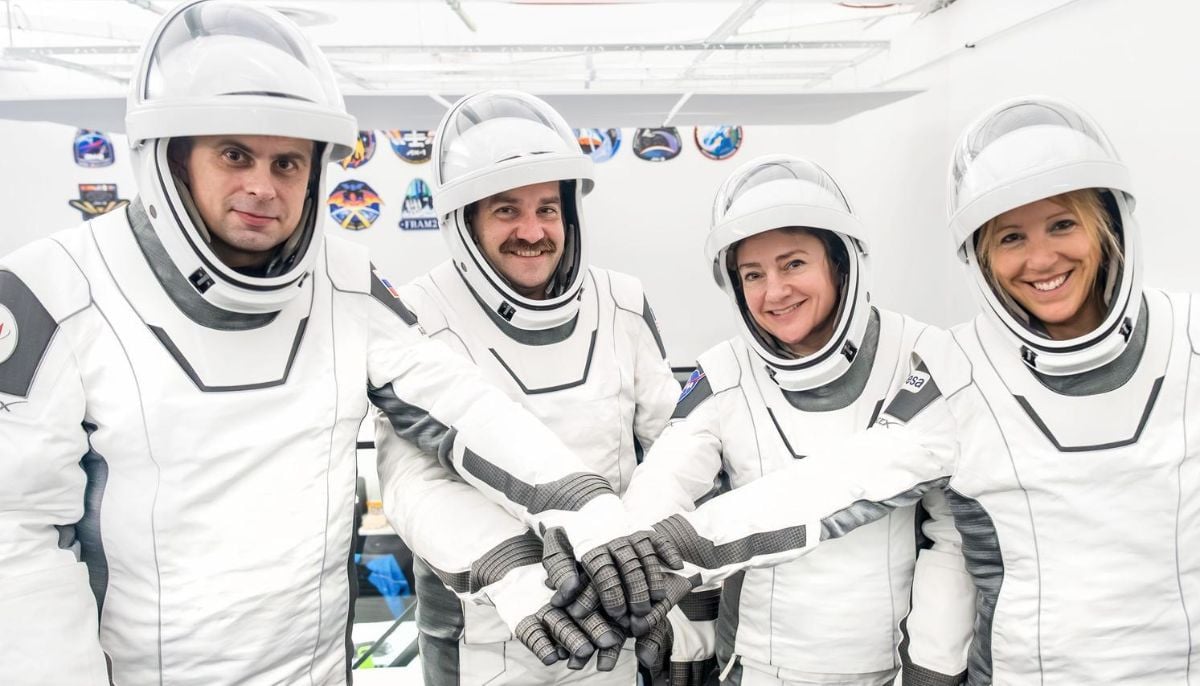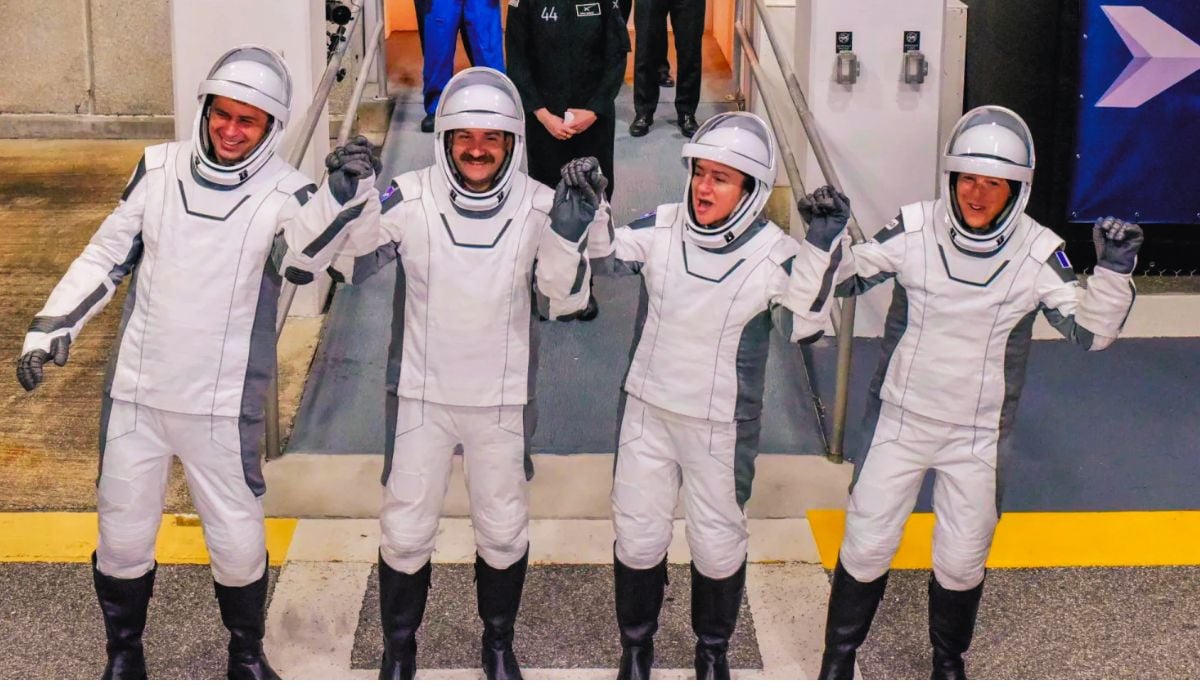UK's nuclear fusion lab sets world energy-making record — so long carbon footprint
Dr Aneeqa Khan, Research Fellow in Nuclear Fusion, University of Manchester, said: "We have achieved things we've never done before"
Nuclear fusion has produced more energy than it has ever produced, taking the world one step closer to its goal of clean, limitless electricity in a new experiment.
The JET laboratory in the United Kingdom has established a new world record by achieving this feat, according to BBC.
Stars are powered by a process called nuclear fusion. It might provide enormous amounts of energy without warming our environment, according to scientists.
European scientists working at the site said: "We have achieved things we've never done before".
In addition to other stars, the Sun is also powered by nuclear fusion. It produces useful energy by heating and compressing small particles into a larger one.
It has the potential to generate unlimited amounts of renewable energy devoid of carbon emissions if it is properly scaled up to commercial levels.
Most importantly, unlike solar and wind energy, it would not be dependent on the weather.
However, this is not simple, as Dr Aneeqa Khan, Research Fellow in Nuclear Fusion, University of Manchester, clarified.
"In order for the atoms to fuse together on Earth, we need temperatures ten times hotter than the Sun - around 100 million celsius, and we need a high enough density of the atoms and for a long enough time," she explained.
Over five seconds, the trials generated 69 megajoules of energy, which is not much energy and only enough for four or five hot baths.
It is evident that nuclear fusion power plants are still a long way off, yet every experiment moves us closer to the goal.
Prof Stuart Mangles, Head of the Space, Plasma and Climate Research Community, Imperial College London, said: "The new results from JET's final run are very exciting."
"This result really highlights the power of international collaboration, these results wouldn't have been possible without the work of hundreds of scientists and engineers from across Europe," he added.
-
‘Smiling electrons’ discovered in Earth’s magnetosphere in rare space breakthrough
-
Archaeologists unearthed possible fragments of Hannibal’s war elephant in Spain
-
NASA's Hubble Space Telescope discovers ‘Dracula Disk', 40 times bigger than solar system
-
Annular solar eclipse 2026: Where and how to watch ‘ring of fire’
-
Scientists discover rare form of 'magnets' that might surprise you
-
Humans may have 33 senses, not 5: New study challenges long-held science
-
Northern Lights: Calm conditions persist amid low space weather activity
-
SpaceX pivots from Mars plans to prioritize 2027 Moon landing












